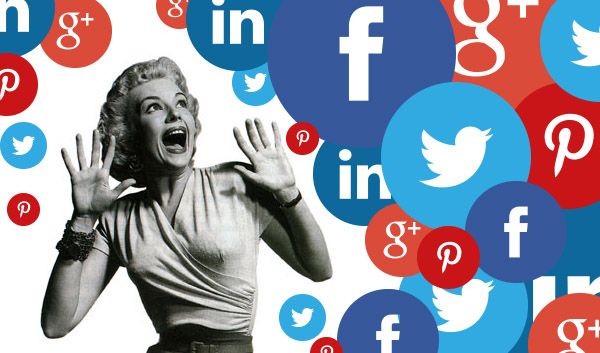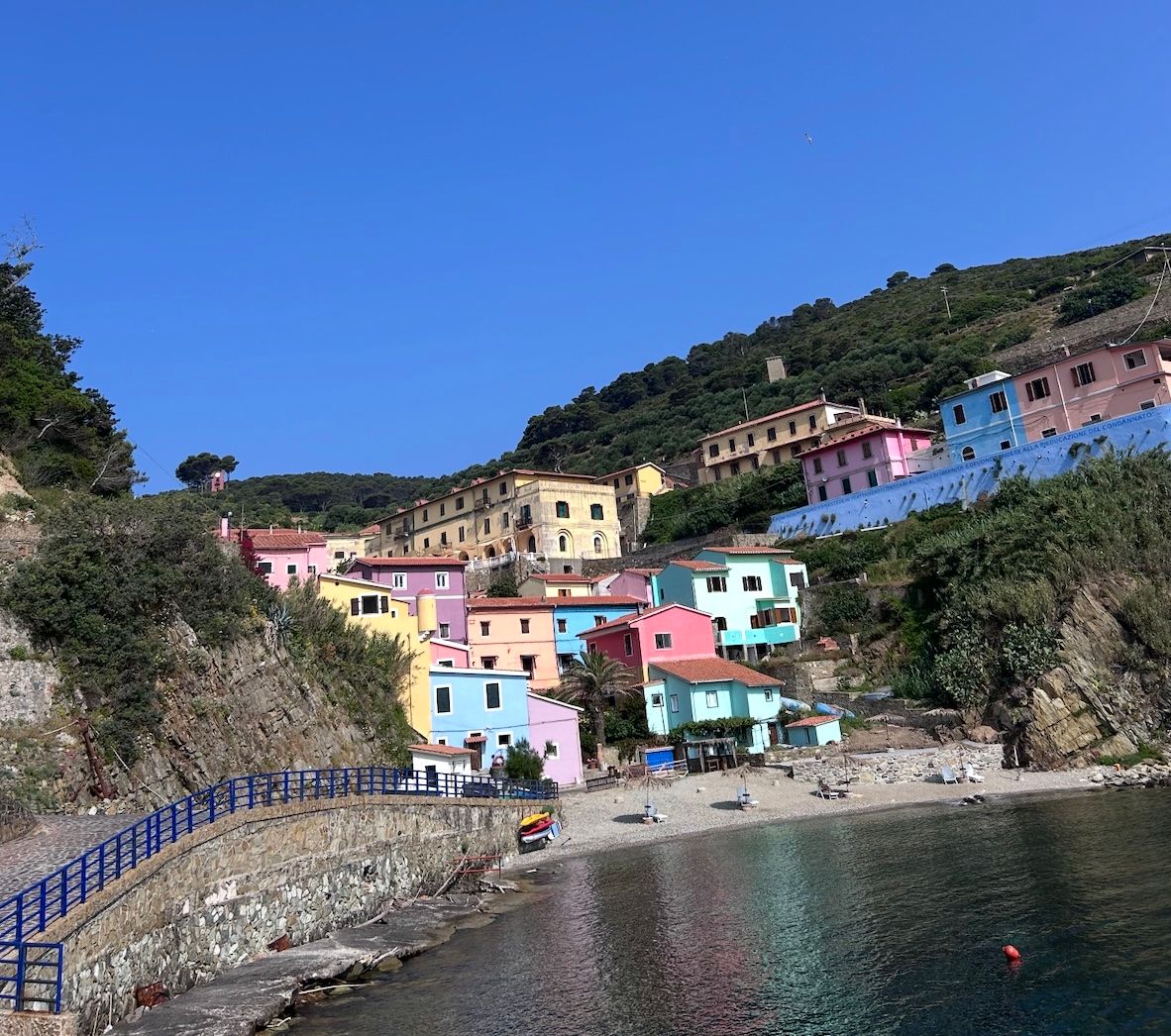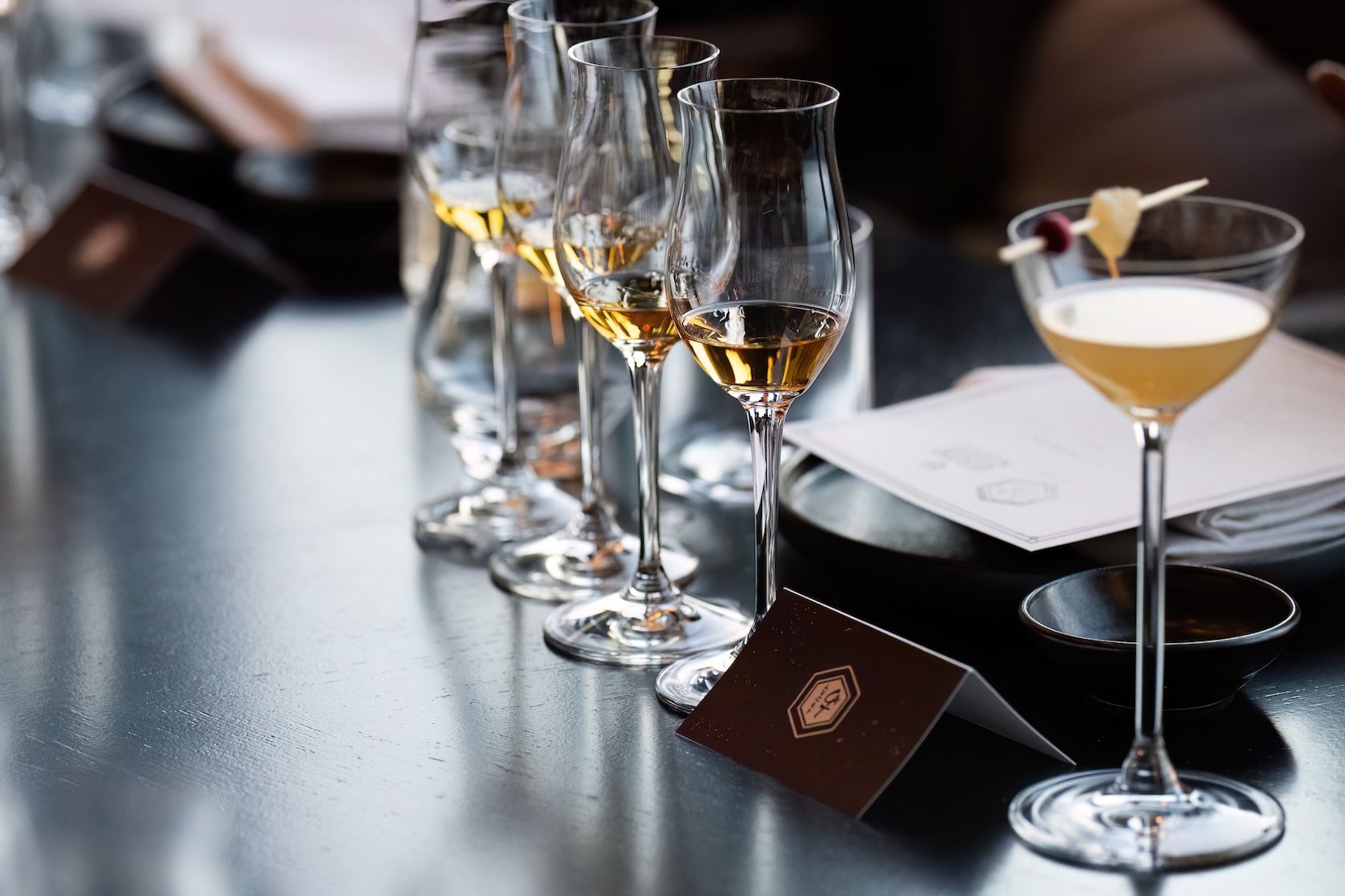Social media has become the global phenomenon that has transformed how we are now able to communicate with people, be they colleagues, friends or strangers, all over the world. But it can also be a dangerous place if we are all not prepared to use it properly, warns Sorcha Holloway.
There are many strange currents in the breeze these days, whichever way one looks. It is a time of fluctuation, rapid change and discordance in almost any field. We are all a bit shaken by politics on both sides of the Atlantic right now, but has this sense of unease crept in to the wine world too?
I admit that, although a lifelong wine lover, I am a relative newcomer to the wine industry, and have no pretension of being a wine expert or critic. On the contrary, I have only recently felt brave enough to write about the wine world, as I see it. Over the last few years I have sought to keep my finger on a different kind of pulse from my previous life in medicine – the constant beat of communication in wine through the various forms of the written word, and also in what Generation X-ers refer to as “real life”.
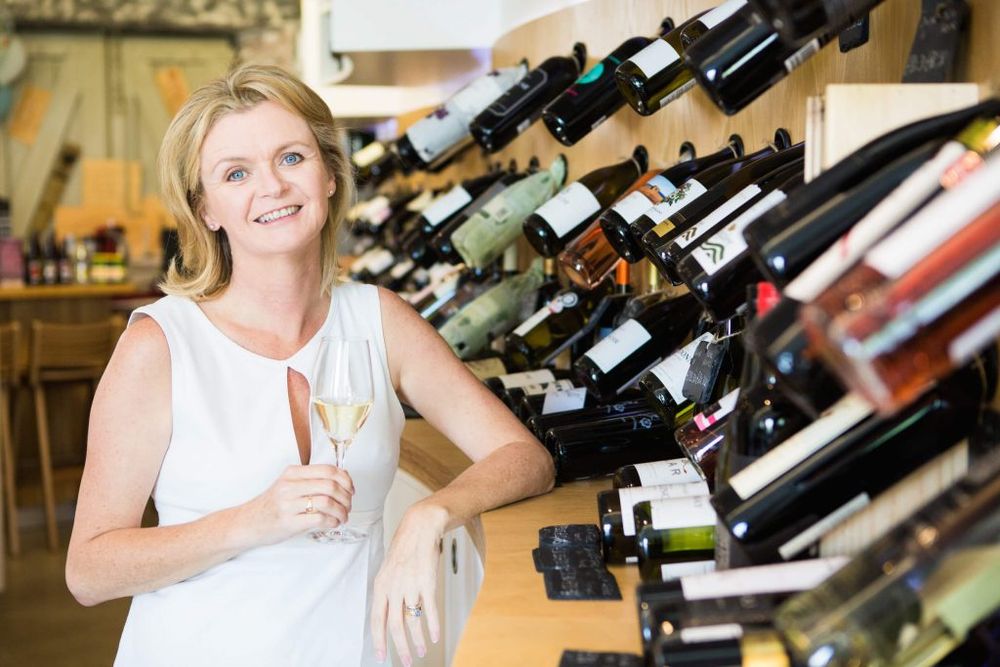
Sorcha Holloway has built a strong Twitter community through her @ukwinehour but worries how the wider Twitter wine community is behaving
My special interest is the power of social media to bring people together, to give everyone a voice, and I am fascinated by how this is received, both favourably and unfavourably.
When I first attempted to “professionally” dip my toe into the swirling sea of wine I decided to use social media in a positive manner to help establish my presence, originally in wine tourism. Wine tweeps seemed so welcoming, interesting and engaging. It was easy to make friends, and, in the main, there was a great sense of camaraderie and mutual support for anyone willing to put themselves out there, who wanted to be part of the wine story.
Changing face of social media
I am beginning to think that this, too, is changing. In a mirror of what is going on in the real world, could it be that some of our wine friends think it is now OK to constantly argue, denigrate and offend anyone who might not quite agree with them?
I see on Twitter, day in and day out, conflict amongst wine professionals, between the traditional and the digital generation, on endless subjects such as marketing, innovation, quality, value for money, and even on who is actually qualified to have an opinion in the first place!
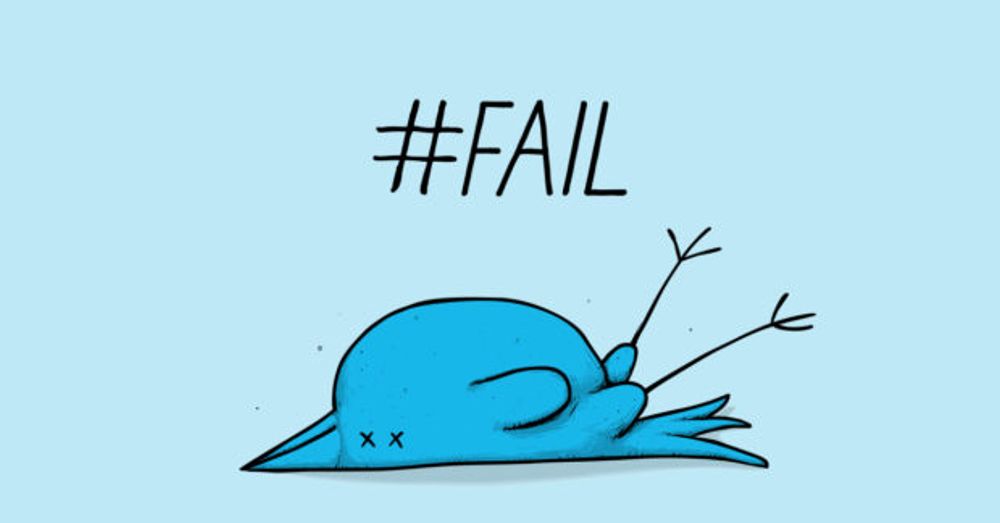
There is says Sorcha Holloway a growing problem with how Twitter is being used amongst wine professionals
Of course, there is a huge overlap in these demographics, but there seems to be a strain of contamination, a petri dish gone wrong somewhere, which seems to thrive on stirring up disquiet and disturbing the peace. Some are so driven by keeping their figures for engagement high that they will engage in prolonged passive aggressive conversations, loaded with negativity, because, for them, negative exposure is better than no attention at all. I may have referred to this genre of Twitter user as a “willy-waver”, once or twice – my bad! You do have to wonder, though, what drives this constant need for argument.
While I am on the subject of engagement, surely a high engagement rate will always be considered alongside the general vibe of the communicator? And what is the point of falsely inflated engagement if someone only communicates with the same people over and over again, those they consider of equal importance, and refuses to deign the lesser (as one might see them) of one’s followers with the dignity of a response or acknowledgement their existence?
This lack of balance is, perhaps, more obvious to the neutral observer, coming in to observe the wildlife of wine, just like those robotic meerkats in the recent TV documentary Spy in the Wild. What is more concerning, however, is the lack of respect for our fellow wine lovers. Wine is what brings us together – don’t let it tear us apart!
Time to talk
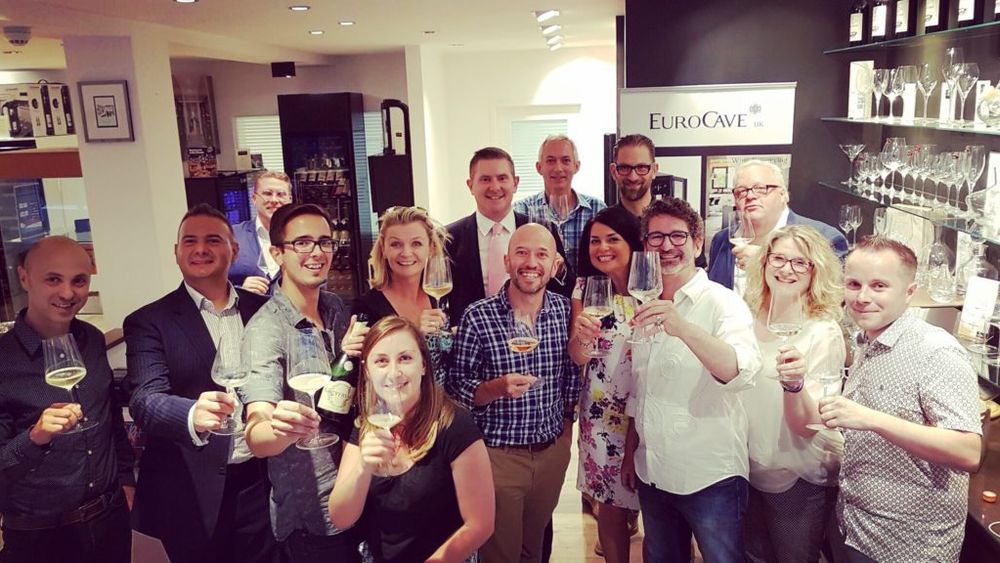
Sorcha Holloway has been able to bring her online Twitter community to host tastings for her @ukwinehour friends
I have spent over three and a half years now hosting a wine chat on Twitter (@ukwinehour). This has grown into a large and varied community of wine lovers, from enthusiastic amateurs, through educators, wine merchants and right up to Masters of Wine. I have learned a number of things from this privileged experience:
- people want to drink good wine
- people want to learn more about wine
- people love a story about the wine they are drinking
- people want to have their voice heard
- people want to belong
- and wine is a great leveller.
Now these apply across the board, no matter our wine knowledge or experience. It is our duty as communicators to encourage, support, direct, advice, listen, include and respect, with an openness and welcome that we were given one day.
Nobody starts out with 40 years wine tasting experience. Everyone started somewhere. Similarly, those taking their baby steps, whether by social media or peer review apps, should be encouraged and cajoled, and not dismissed cruelly in one fell swoop as I have seen many do with aggression and condemnation. I have ultimate respect for the super-critics, single minded about their work, tasting solidly day after day. I could never do what they do – I simply cannot imagine where they get their stamina, and they do very much deserve respect.
They really should not fear this brave new world of peer review. No one can replace what they do without those years of determined experience. However, there is a role for everyone, working together for the greater good. Let us see every cog as interlocking, moving the wine world forward, the action oiled by the lubricant of wine to smooth the way for inclusive conversation.
World of reviews
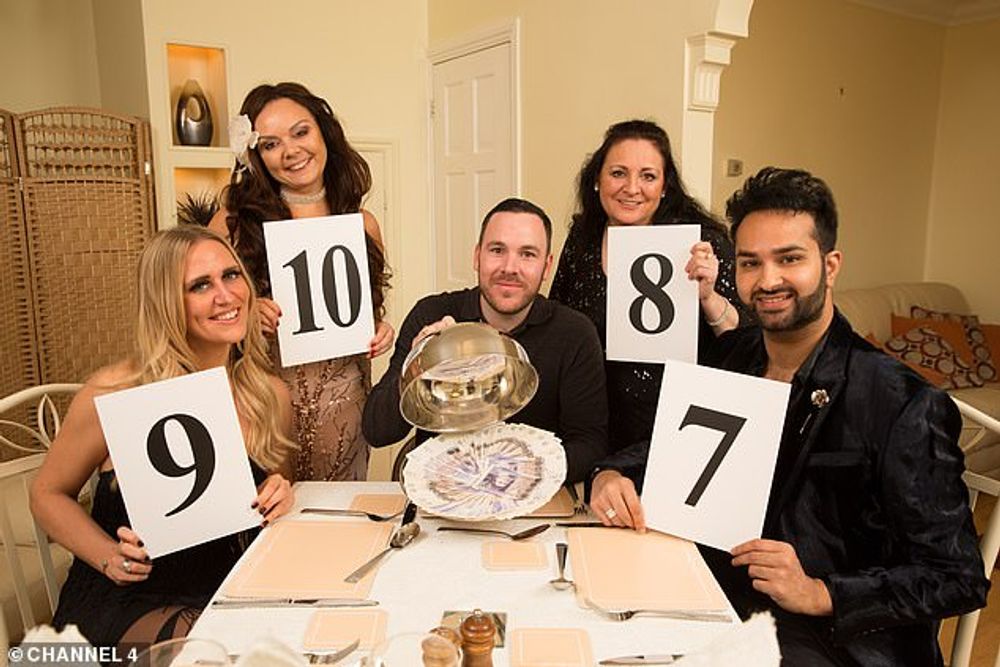
We now live in a world of peer to peer reviews. Even our TV channels are full of shows like Come Down With Me where guests judge and vote on each other.
It cannot be denied that the rise in consumer opinion, that we see across the online world, is here to stay. We are asked to review everything we do or buy these days, from holiday accommodation to screen protectors for our phones. We would never have the time do all of these, but I often feel the need to give credit where it is due, and constructive criticism also, especially if it helps someone coming after me. Conversely, I would be reluctant to book a hotel or holiday rental without checking out past reviews. None of these peer review sites are perfect – far from it – but when used carefully can be of great help.
The same can be said of wine review sites and apps, which are frequently disparaged by some traditional wine critics. You know what, guys? These things are not going anywhere – apps such as Vivino and Wine-searcher are hugely popular and continue to grow. Vivino alone has over 30 million users worldwide, and that is growing still.
From what I see, people like to have a voice. They like to be listened to. This applies to all sorts of social media of course – how many likes did you have for your last profile picture on Facebook? Did it give you a little buzz and make you feel warm inside? Validation. You like this photo of you, and it seems that other people do too.
You write a wine review on Vivino and other people respond and like it. It may be a peer review app in particular, but for a lot of users it is a very social medium also. How useful is it? I find I rarely have time to write reviews on Vivino myself right now, but if I find myself in a restaurant, whether on holiday in a European city or on a tropical beach, with a limited wine list and wines that I am not familiar with, I am sure as hell going to check out the scores on Vivino before choosing my wine. It rarely lets me down.
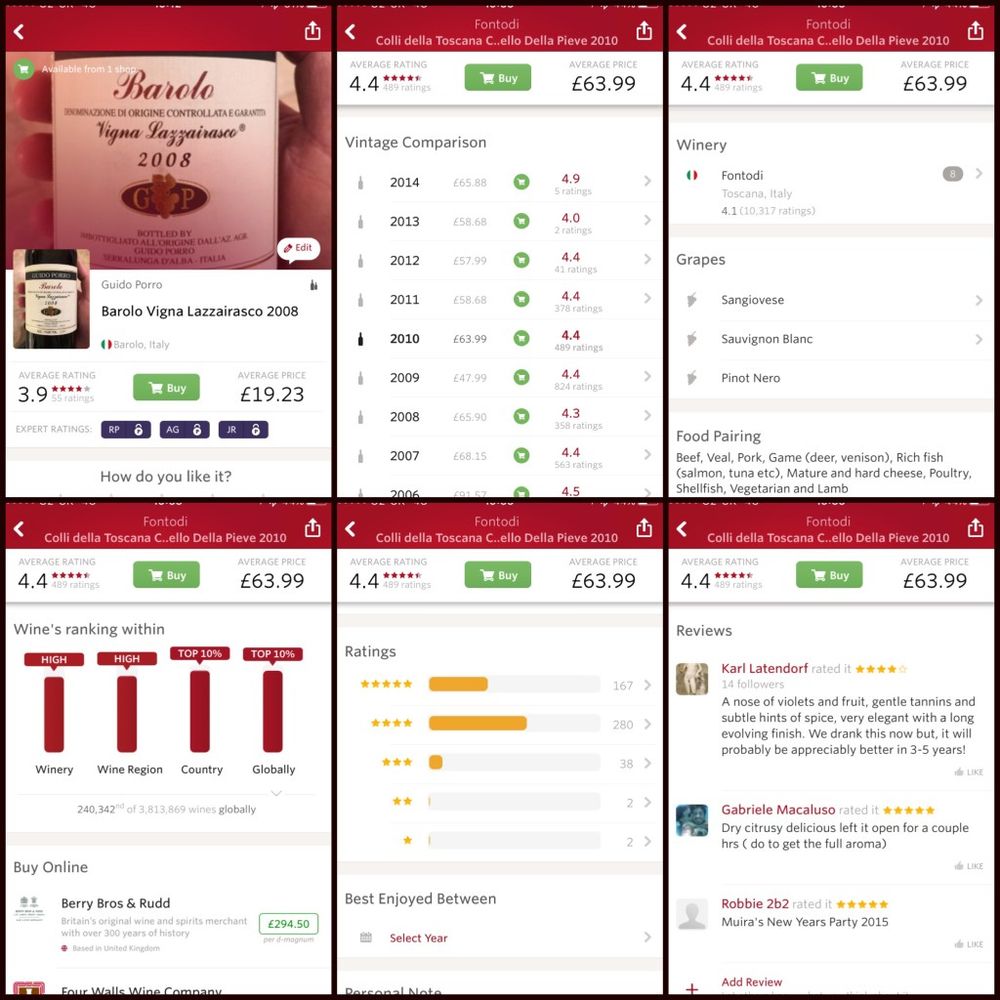
A growing number of consumers won’t choose a bottle of wine without checking out its score on Vivino first
Reality check
At the end of the day we would do well to remember what wine is. It is an agricultural product, with the winemakers’ feet firmly embedded in their vineyard soil. They are modest as a rule, hardworking and humble and gifted in bringing this beautiful bounty through the entire process from the vine to the table. The producers I have been fortunate to meet are delighted to have people take an interest in their wine, and more so when they share that wine they love far and wide. Being realistic, although they may dream, most of them will never score a Parker 100, but they will feel validated when they see a positive review on Instagram or Vivino, and every time they do, they will feel a wee bit of joy. I like that thought.
Do you remember from Enid Blyton books (showing my age) that fear of the wind changing when making an unpleasant facial expression, the fear that you would “stay that way”? Perhaps more care should be taken with what we express in the written word so that these rogue winds of change blowing around us now don’t keep us ingrained in negativity.
Maybe we can now all see each other in a more positive light. Let us encourage the new enthusiasts among us. Interact more with people outside your usual realm. Remember that people can teach themselves to play the guitar, knit, meditate, and bake cakes, so surely they can strike out to learn about wine too? It is our job as wine communicators to give them a helping hand, teach them, encourage them, but most of all include them.
Let me leave you with this note – when I started out on my more serious wine journey, one of my first Rioja winery visits was the historic Marqués de Riscal, where I was fortunate to stay in the magnificent Frank Gehry designed hotel. At the start of the winery tour, there is a video presentation which contains an interview with Gehry himself.
His words resonated with me then and have stuck with me throughout this journey – I think we would all do well to remember them, to keep a little perspective going forward: “Because, after all, wine is about joy and pleasure.”
- You can follow and join in with Sorcha Holloway’s #ukwinehour at @ukwinehour on Thursdays between 7pm and 8pm GMT.
